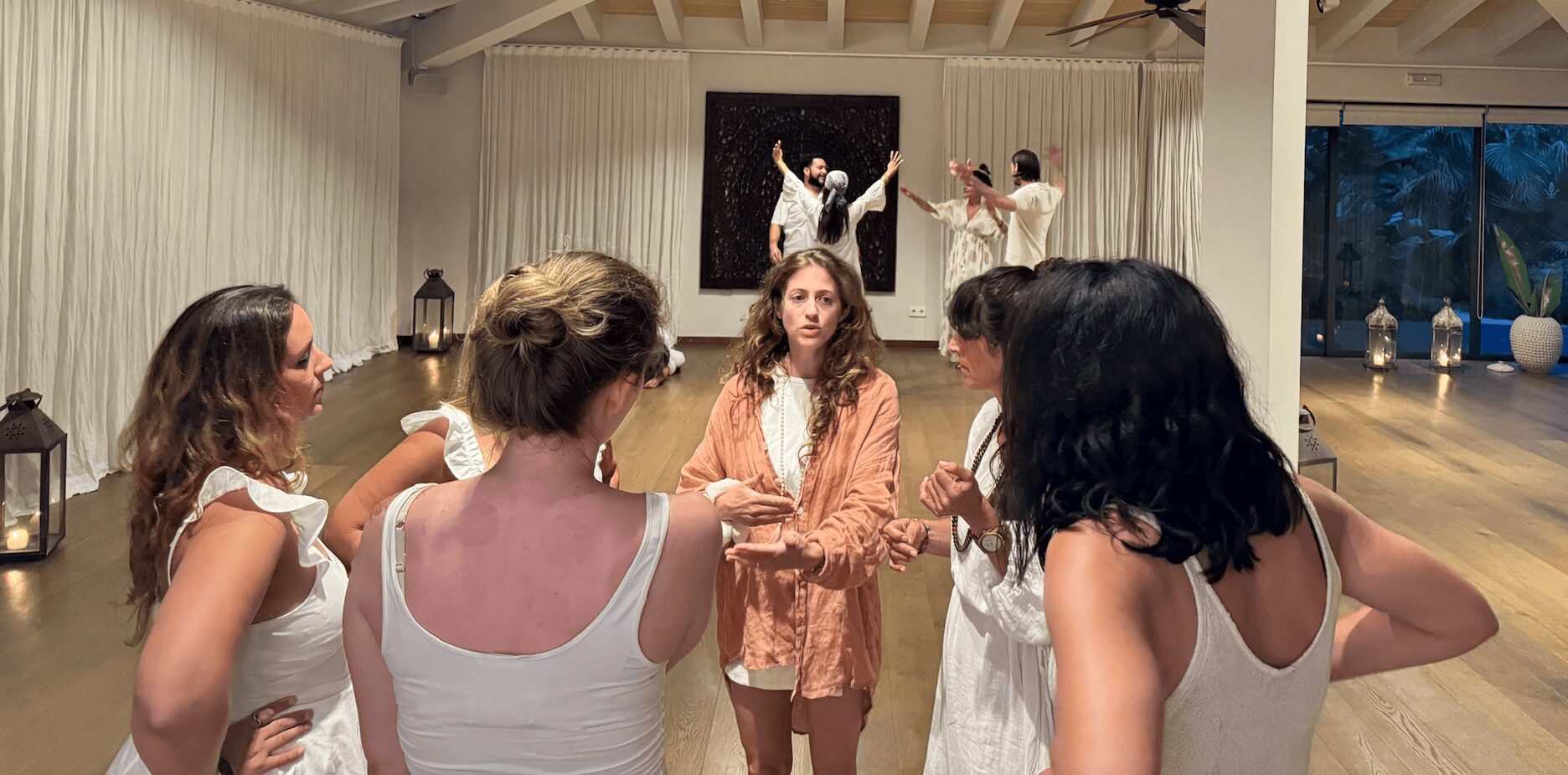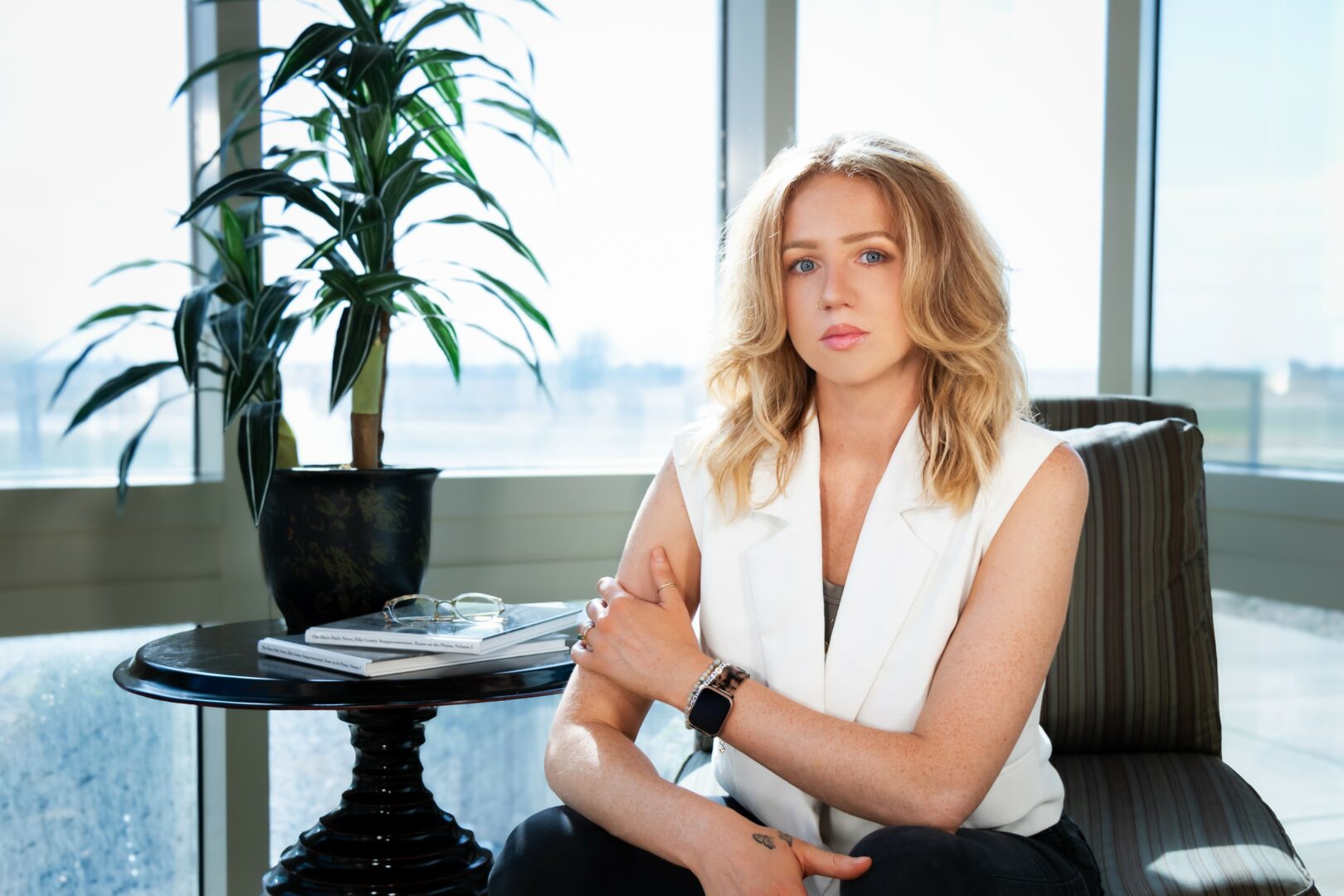Alright – so today we’ve got the honor of introducing you to Lisa Zipken. We think you’ll enjoy our conversation, we’ve shared it below.
Lisa, thank you so much for making time for us today. We’re excited to discuss a handful of topics with you, but perhaps the most important one is around decision making. The ability to make decisions is a key requirement for anyone who wants to make a difference and so we’d love to hear about how you developed your decision-making skills.
My decision-making skills have grown most through lived experience. Over time, I’ve learned to tell the difference between an impulse that might feel good in the moment and an intuition that actually serves my bigger purpose. That sense of alignment with purpose has become the foundation for how I choose. As Neil Strauss has pointed out, you don’t discover purpose by simply asking, “What’s my purpose?”—you find it by living and experiencing. That perspective resonates with me deeply.
A recent example is my decision to homeschool my kids. While the research supported that it could be the best path for my neurodivergent family, it was ultimately my intuition—knowing it aligned with my values and purpose—that gave me the clarity to make the call to pull them out of school.
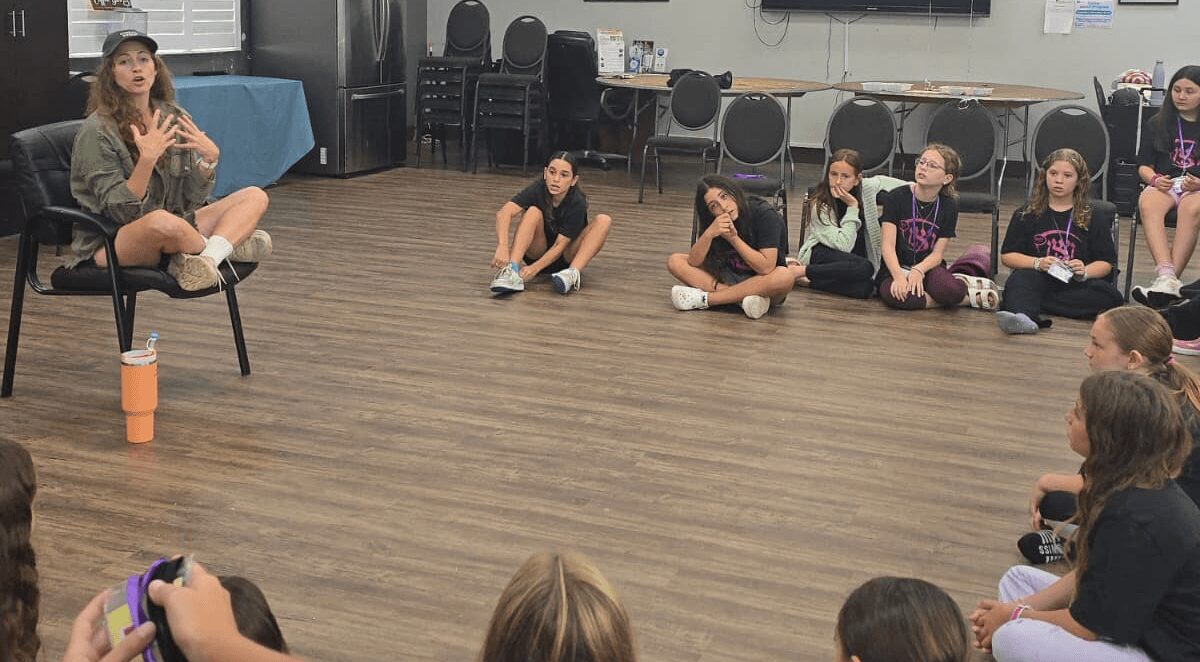
Thanks, so before we move on maybe you can share a bit more about yourself?
Through Kinetic State, I’ve built a practice that bridges physical theater and somatic movement into tools for everyday life. My journey began as a performer and educator, but over the years I realized that the same techniques once reserved for the stage could help anyone step into their own life with confidence, clarity, and presence.
Today, I offer workshops and coaching for individuals and a variety of organizations, guiding people in breaking habitual sound and movement patterns for more freedom, building deeper communication, and strengthening authentic presence. Whether it’s supporting professionals in public speaking, helping teams unlock stronger connection, or guiding leaders toward embodied confidence, my work is about equipping people with tools to show up fully in any space.
Kinetic State’s workshops span a wide range: The Power of Presence (leadership), Dynamic Connection (team building), The Art of Public Speaking, Virtual Poise, Embodied Flow, and Somatic Storytelling. These are tools that were once reserved for performers in conservatory settings and are now widely accessible to help everyone shine.
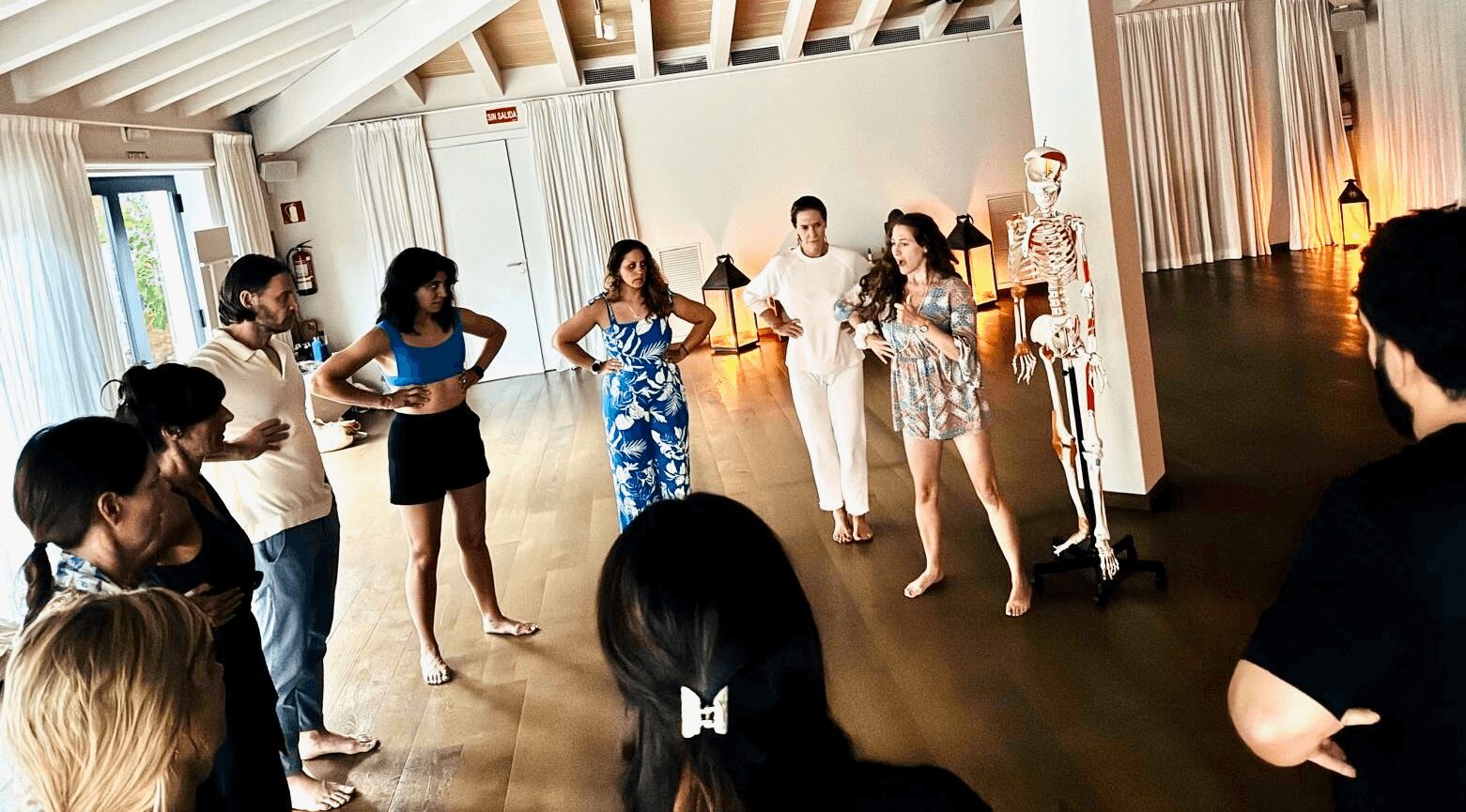
If you had to pick three qualities that are most important to develop, which three would you say matter most?
Looking back, the most important skills that have shaped my journey all share a common thread: they help me stay connected to my craft, my body, and my community.
The first skill is giving yourself the gift of finding incredible teachers and not settling until you do. Sometimes that means going through the weeds to find them, but the effort is always worth it. Every teacher who has shaped me had a direct lineage to a master teacher. My yoga teacher, Janine Forte, was trained by a master teacher who studied directly with Martha Graham, the pioneer of modern dance. I also teach Kristin Linklater’s voice work, passed down to me through my mentor Susan Schuld, who studied directly with Linklater herself. Whatever your passion is, seek out teachers who care deeply about their craft—there’s no substitute for that kind of depth and tradition.
The second skill is learning to regulate your nervous system so you can hear the resonance of your own intuition more clearly. Our body and brain are one, and somatic movement teaches us that the body carries every lived experience of our past. Life is stressful and constantly changing, which is why this kind of regulation is a lifelong goal of mine. That might look like becoming aware of when I’m holding my breath, when I’ve disconnected from my feet as I move through space, or when I need to ground myself in a triggering environment. These small practices help me move closer to being present, centered, and able to act from clarity rather than reactivity.
The third skill is surrounding yourself with people who help your nervous system relax. You’ll know when that’s not the case. Of course, we can’t always control every environment or relationship, but becoming aware of those people who cause your nervous system distress is the starting point for growth in this area. The company you keep can either support your regulation, presence, and confidence—or constantly pull you away from it. Choosing people who bring ease and safety into your life will help you expand into your fullest self.
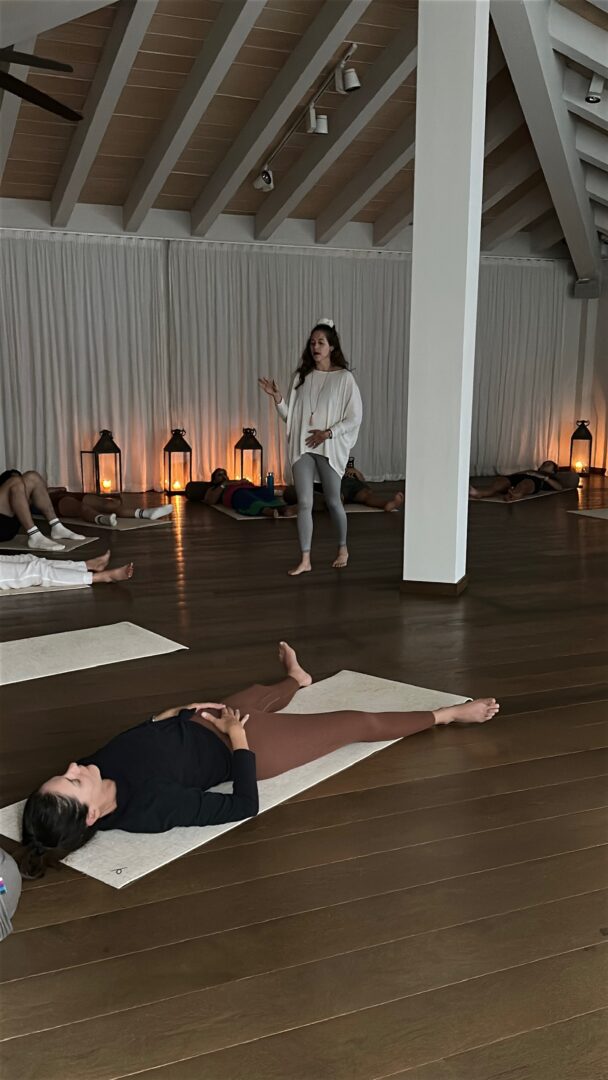
Thanks so much for sharing all these insights with us today. Before we go, is there a book that’s played in important role in your development?
A book that has played an important role in my life is The Artist’s Way by Julia Cameron. I discovered it at 15 and still return to it today at 38. Her idea of “artist dates” reminds me to nurture creativity with play and curiosity, and I love her reminder that creativity is our birthright—like crabgrass, it always comes back with just a little water.
Contact Info:
- Website: https://kineticstate.com
- Instagram: @allkinetic
- Youtube: https://www.youtube.com/@kineticstate


so if you or someone you know deserves recognition please let us know here.

